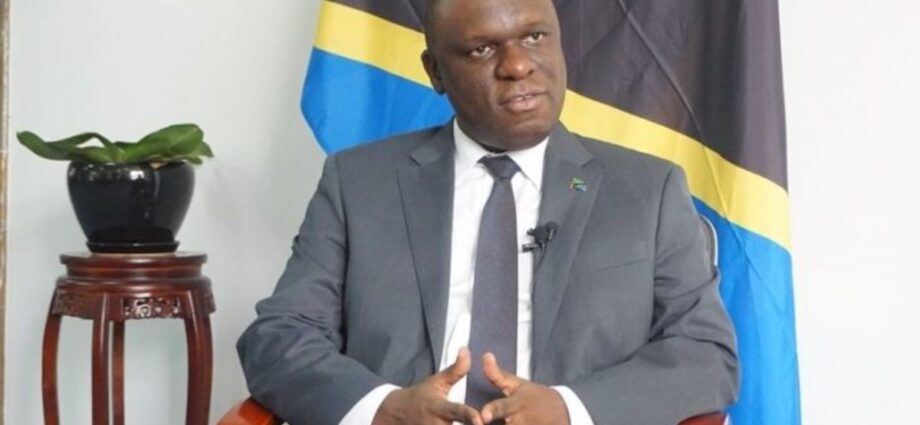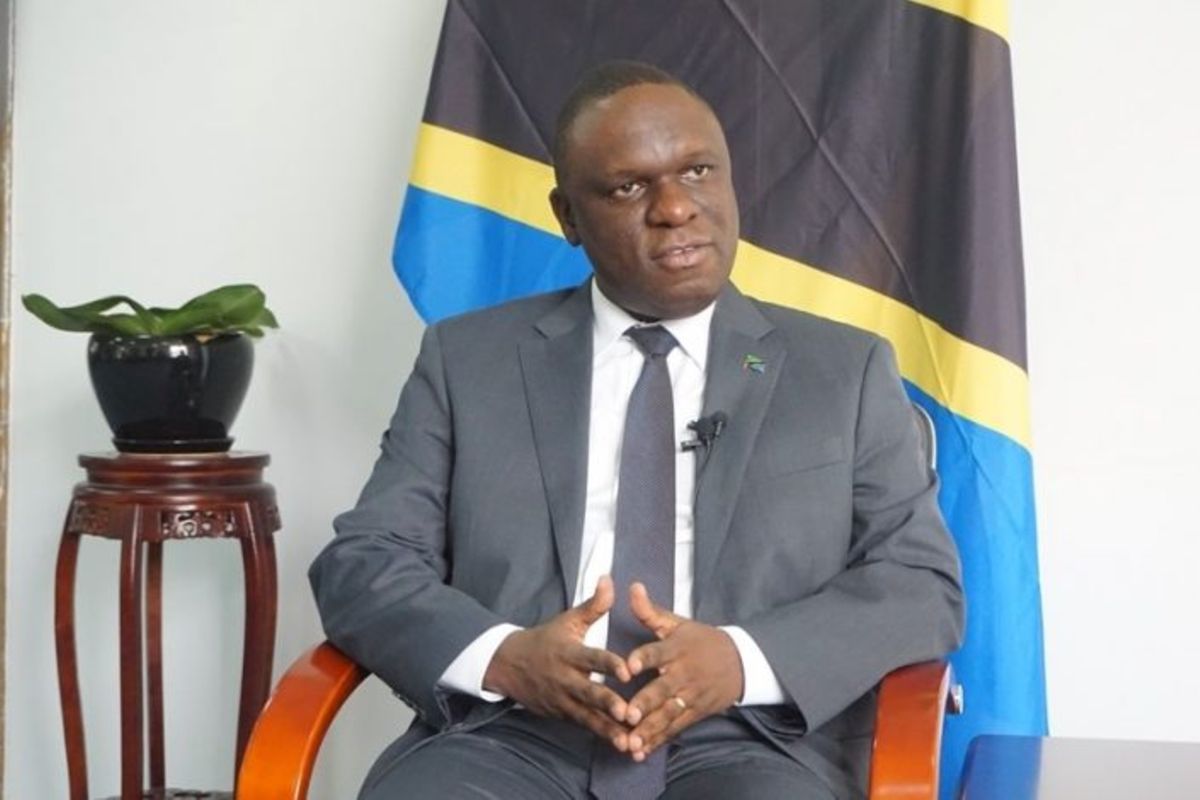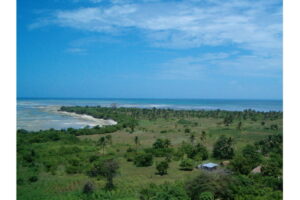Dar es Salaam. Tanzania is gearing up to significantly enhance its export footprint in the United Kingdom, targeting a staggering one billion sterling pounds in export value.
In a bid to achieve this ambitious goal, the country is set to host a pivotal stakeholders’ engagement meeting aimed at encouraging increased exports to the European nation.
In a statement released by Tanzania’s High Commissioner to the UK, Ambassador Mbelwa Kairuki, the crucial meeting is scheduled for March 28, 2024, and will be graced by the Industry and Trade minister, Dr Ashatu Kijaji.
Presently, the value of products and services sold from Tanzania to the UK stands at a modest 200 million pounds, highlighting a substantial potential for growth and expansion in bilateral trade relations.
According to Ambassador Kairuki, the meeting will serve as a platform for participants to comprehend the lucrative opportunities available for selling Tanzanian products in the UK market, particularly under the British Government’s Developing Countries Trading Scheme (DCTS). This scheme offers preferential treatment, with 99 percent of Tanzanian products enjoying duty-free access to the UK market.
The coordination of this meeting falls under the purview of the Developing Countries Trading Scheme (DCTS), which was inaugurated in Tanzania in May 2023. The scheme effectively reduces or eliminates tariffs on UK trade with 65 countries, including Tanzania, fostering greater accessibility and competitiveness for developing nations.
Expected attendees at the stakeholders’ meeting include government officials, private sector representatives, businessmen, crop boards, and transport institutes. Ambassador Kairuki expressed optimism that the conference would serve as a catalyst for a notable surge in Tanzanian exports to the UK.
To bolster these export endeavors, the Tanzanian Embassy has initiated various measures, including identifying demand for Tanzanian products in the UK market and addressing challenges hindering exports. Additionally, plans are underway to promote Tanzanian products through participation in product exhibitions held in the UK.
Furthermore, efforts are being made to facilitate Air Tanzania’s entry into the UK market, with plans for the airline to commence flights to the UK before the conclusion of 2024.
As Tanzania sets its sights on expanding its economic ties with the UK, the upcoming stakeholders’ meeting signals a proactive approach towards leveraging trade opportunities and fostering mutually beneficial partnerships between the two nations.















